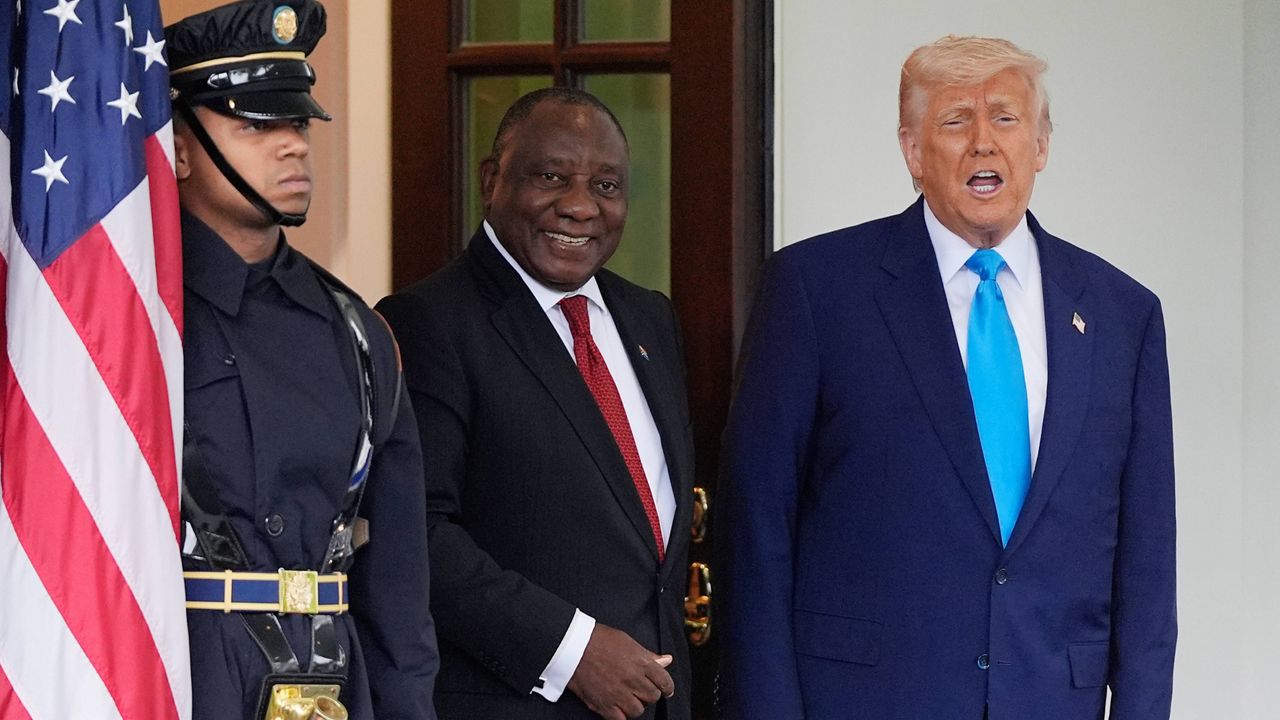The U.S. House of Representatives is set to vote this week on the National Defense Authorization Act, the annual must-pass bill that governs policy at the Pentagon for the year, Speaker Mike Johnson said on Tuesday.
Speaking to reporters at a House GOP leadership press conference on Tuesday, Johnson praised the sweeping defense policy bill as containing “critical wins for our troops and for our country at a very important time.”
“The safety and security of the American people is our top priority, and this year's NDAA ensures our military has the resources and the capabilities needed to remain the most powerful fighting force on the planet," the Lousiana Republican said. "I look forward to voting for it later this week, and I think you'll have a large vote on the House floor in affirmation of all this.”
The text of the more than $880 billion bill was released over the weekend after months of negotiations involving the Republican and Democratic leaders of the House and Senate Armed Services Committees, who were tasked with combining both chamber’s versions of the legislation.
Among the provisions in the bill for 2025 is a 14.5% pay raise for junior enlisted service members and 4.5% raise for all other members, an increase in funding for defense initiatives in the Indo-Pacific, money for the procurement of new battle force ships, funds for research and development and more.
But the legislation also contains some measures that could put support from Democrats on the historically bipartisan bill into question, particularly one that would prohibit the health care program for service members from covering treatment for military children under the age of 18 who are transgender.
“Blanketly denying health care to people who clearly need it, just because of a biased notion against transgender people, is wrong,” Rep. Adam Smith, the top Democrat on the House Armed Services Committee who helped negotiate the bill said in a statement. “This provision injected a level of partisanship not traditionally seen in defense bills.”
If passed in the House this week, the legislation will need to clear the Senate as well and get President Joe Biden’s signature ahead of a year-end deadline.











